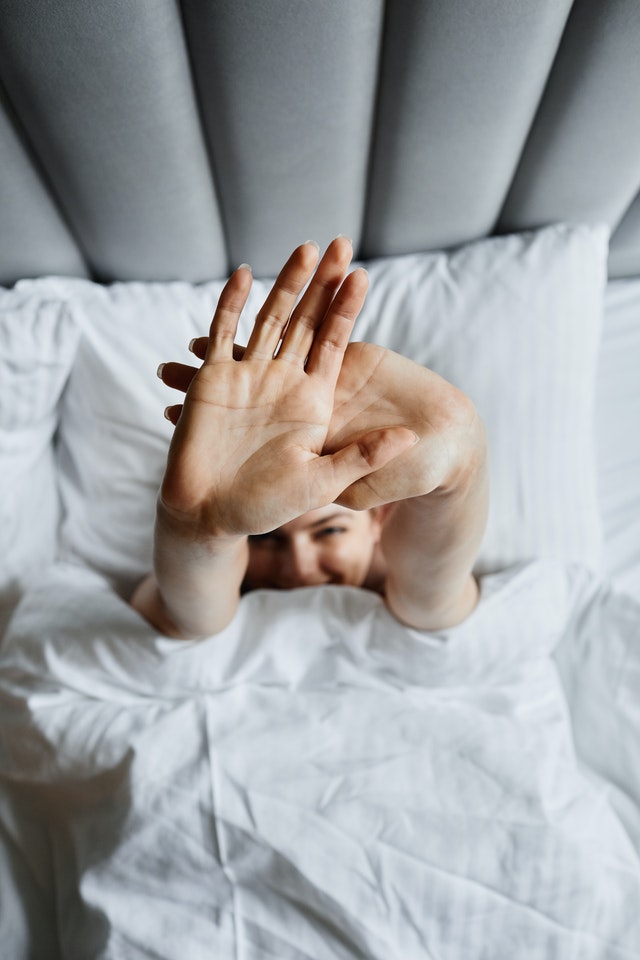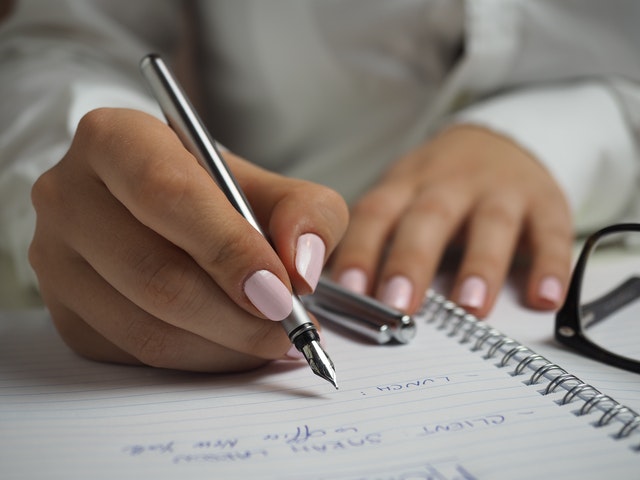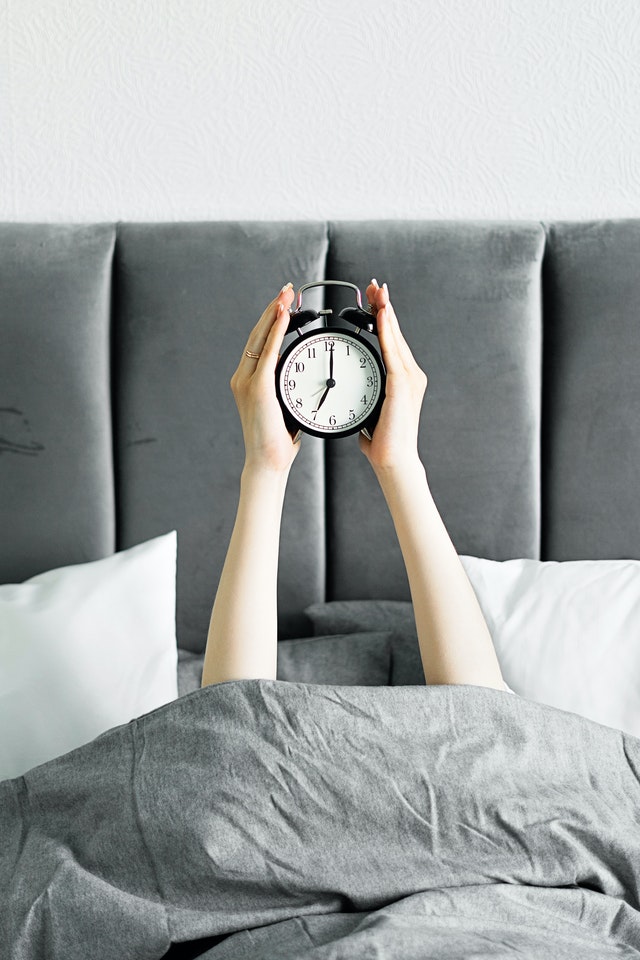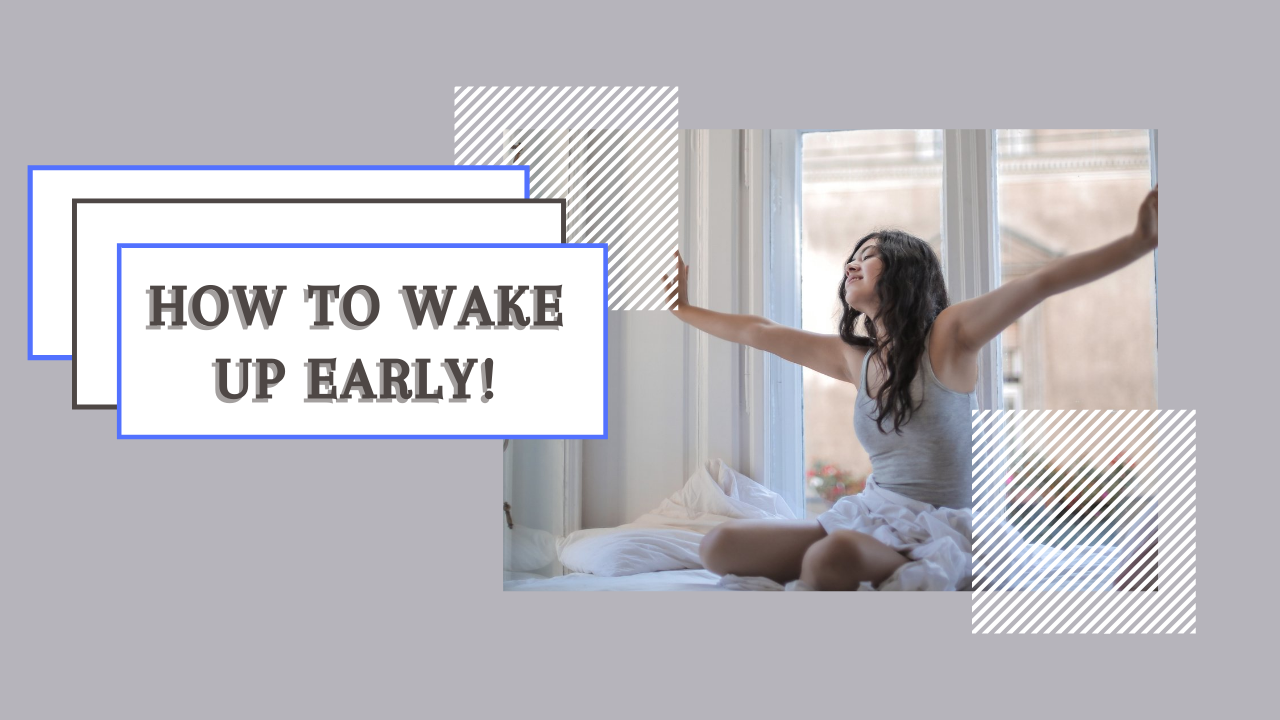Understanding why can’t you wake up early in the morning
Other than identifying yourself as a morning person, there can be several other reasons why you are not able to wake up early. It could be that your sleep schedule is based around your destructive routines of all-nighters of work or just scrolling social media. Even still waking up early can be a constant struggle due to underlying health or lifestyle reasons.

1. Sleep disorders
They are the reason why you can’t feel well-rested. Despite the need and want to wake up early, your body will insist that it needs more sleep to function.
Many sleep disorders affect your ability to feel well-rested. Even if you want to wake up early, your body may feel like it needs more sleep to function.
Some of the sleep disorders can be sleep apnea, narcolepsy, and hypersomnia.
2. Circadian Rhythm Disorders
Our sleep-wake cycle is governed by circadian rhythm. Circadian rhythm disorders disrupt your sleep schedule and can make waking in the morning difficult.
Some circadian rhythm disorders can be delayed sleep-wake disorder, jet lag disorder, and work shift disorder.
3. Poor sleep hygiene
Sleep hygiene is the term that refers to healthy habits that get you the appropriate amount of sleep. Disturbed bedtime routine, excessive screen time, and poor sleep environment negatively impact your overall sleep. Late use of alcohol or caffeine can make falling asleep or staying asleep more difficult.
In addition to that, revenge bedtime procrastination, which involves staying up late for a personal time despite knowing that you have an early day tomorrow, can also lead to disruption in the body’s sleep cycle.
4. Depression, Anxiety, or Stress
Depression, stress, and anxiety can all impact your sleep habits. It causes oversleeping and early waking. Untreated anxiety or stress puts you at risk of sleep deficiency or deprivation, causing you to sleep later or experience excessive dizziness.
Additionally, a lack of proper sleep can influence your mood and may eventually lead to depression and anxiety.
Tips to wake up early in the morning

1. Understand your motivation
For the night owls, waking up early is not a piece of cake, so you need the commitment to make it a long-term habit. The first few days will be a grind.
There is a societal pressure to wake up early and we all including our parents and their parents have been a victim of it. If your motivation to be an early bird is societal pressure then you probably might not make it. it takes more than what society says to pull yourself out of bed consistently, even in the times when you’d rather hit the snooze button.
Define what is important to you or what’s your motivation? Ask yourself whether you wake early so that you can have breakfast with family together, work out or sit idle and reflect. Once your aims are crystal clear, make your friends and family help you to change because accountability goes a long way in making a habit.
2. Change your sleep schedule gradually

It’s much easier to mould your body gradually and slowly according to your needs. Hence, move your wake time up by 30 mins or 1 hour every week so that there is less fatigue accumulation until you reach your goals.
3. Get to Know Your Internal Body Clock Better
If it has been a while since you slept on time or slept completely then, the 8-hour sleep rule might be a huge discomfort for you in the beginning, and you wouldn’t know how much sleep your body needs.
In general, your body wants you to fall asleep, it makes changes in anticipation of your going to sleep, such as dropping in heart rate, temperature, and secreting melatonin into your bloodstream one to two hours before your regular bedtime. That is the reason you have a strong urge to fall asleep at 3 or 4 a.m., and after that, your body starts a gradual waking-up process for the morning.
To find out what works best for you is to set a consistent bedtime that starts about 8 hours before you set your alarm. Try that out for few weeks, including weekends, to know your body response.
In general, your body wants you to fall asleep, it makes changes in anticipation of your going to sleep, such as dropping in heart rate, temperature, and secreting melatonin into your bloodstream one to two hours before your regular bedtime. That is the reason you have a strong urge to fall asleep at 3 or 4 a.m., and after that, your body starts a gradual waking-up process for the morning.
To find out what works best for you is to set a consistent bedtime that starts about 8 hours before you set your alarm. Try that out for few weeks, including weekends, to know your body response.
4. Create a Strict Bedtime Routine and Stick to It

The most common tip by far to wake up early is to create a strict bedtime routine that involves minimal screen time be it through putting your phone in a different room, or reading, meditating, or some combination of both.
To quote an example, A guy is committed to not being on his smartphone once he gets in bed for the night, followed by reading for 30 minutes before going to sleep and also puts his phone on the other side of the room to make it less appealing to use it in bed. This nightly routine ended up being key to making morning wake-ups easier. If you still use your phone in bed from time to time at night, you will know when you are doing it and that it will make your sleep suffer—which makes putting the phone away that much easier.
5. Power Down Your Devices and Turn Off the TV Before Bedtime
Getting up early or on time goes hand in hand with getting enough sleep the night before. Also getting ready for the bed itself takes time and is a winding down process. Spending time in front of screens up until bedtime doesn’t lead to required and restful sleep. Use the alarm clocks instead of smartphones to make wind down easier and set a reminder to turn everything off at least an hour before you turn in, with few or no exceptions.
6. Get Bright Light First Thing in the Morning
Exposing yourself to bright light like sunlight for an hour or two when you wake up can help set your body clock according to your wake-up time. You can also go for artificial bright light if it’s dark, cold or rainy outside.
It would be best if you can incorporate in your schedule, a ramble in the morning sun or a breakfast on the patio. That would be good for both your mood and better sleep.
Exposure to sunlight at key times helps your body maintain its natural circadian rhythm. While darkness causes a surge in melatonin, on the other side, light exposure suppresses the production of melatonin. Sunlight will work as a natural alarm clock for you if you sleep with your curtains open. Natural light has a greater impact than electric light on your circadian rhythm.
Our bodies rely on light to tell time, so exposing yourself to light at the same time every morning can adjust your circadian rhythms a.k.a. natural sleep cycles, to the required wake time. Ideally, expose yourself to light for about 30 minutes within the early hour of waking up, and if it is sunlight then amazing, which will only take you to sit outside or at least sitting by a sunlit window.
You can use a broad-spectrum lightbox or a specially designed light alarm for a similar effect depending on the weather and season. Simply turn on the light soon after you wake up and sit near it while you eat breakfast, work, or complete another part of your morning routine.
7. Set pillars in Your Morning Schedule

Help yourself by setting a list of things to accomplish every morning. This allows you to focus on what was initially the purpose you wanted to wake up early for and gives the time structure. For example, pillars can be exercise, getting-ready time and personal writing. This will make working out before you start your workday a priority.
8. Monitor caffeine intake
You’ve probably heard the advice to avoid caffeine in the hours before bedtime. Caffeine is often used as a booster in all-nighters. So, it is pretty obvious to avoid it at bedtime which means no tea, coffee either because caffeine can linger in your system for longer than eight hours. Consuming too much caffeine can stop your sleep and prevent you from achieving a deep state of slumber.
Most people stay below 400 mg of caffeine a day, and folks who have difficulty sleeping should rather aim for much less 100-300 milligrams max. Drinking smaller amounts of a caffeinated beverage more frequently during the day can be more beneficial. This helps prevent dizziness due to sleep better than infrequent and large amounts of caffeine.
9. Keep Your Alarm Away from the Nightstand
Force yourself out of bed is one strategy to wake up early in the morning. Keep your alarm clock out of reach from bed, which will make you get up to turn it off. Once up, you might not be willing to hit snooze.
Sleep may be tempting but snoozing the alarm leads to broken periods of sleep, and that causes sleep deficiency or a lack of the right amount of sleep. Sleep deficiency can make you feel tired early in the day and negatively impact your performance and emotions. And if all this doesn’t help, then as a last resort.
10. See a sleep specialist
Even after following all the above advice, if you are still struggling to wake up at your desired time, consult a sleep specialist. There is a possibility that other factors are impairing your ability to stick with your ideal sleep routine. A certified professional can help you get to the bottom of the issue, meet your sleep goals and help you wake up early.

